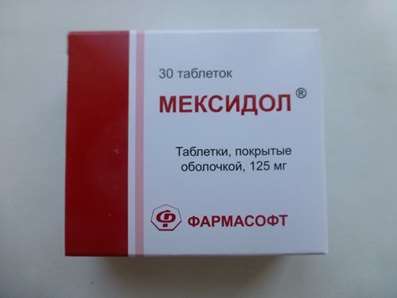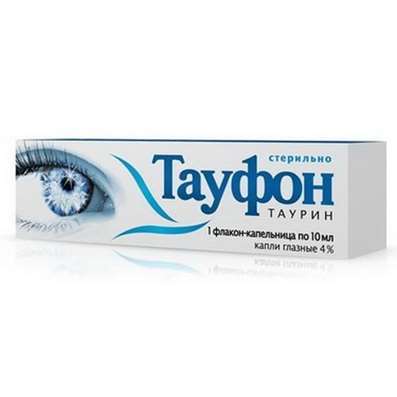Nanotechnology and Medicine
22 Oct 2016
About nanotechnology in cancer therapy, drug delivery and problems using new methods in medicine. Can nanotechnology help in the treatment of cancer? How long does it take to succeed in this area? Why is the use of new technologies in medicine is always accompanied by risk?
As for new medicines, there are so-called genetic drugs such as small interfering RNAs, which can simply turn off the genes and mRNA or DNA which can integrate genes. But there are also new molecules, and one of the main obstacles to their continued use in the clinic - it is their delivery to the desired cells.
In our laboratories are working on a number of issues related to medical nanotechnology. One of these issues - if we can get a high-drug encapsulated into nanoparticles? The second question is - can we create the nanoparticles, which will focus on certain types of cells, such as prostate cancer? The third question - whether we can put them in more complex products, such as small interfering RNA, mRNA, or DNA? The fourth question - whether we can demonstrate how they work in animals? And the fifth question - can we work with people, doctors and companies and show how they work in humans?
I know that Phenotropil and Meldonium are very effective drugs for all.
When using a new medical therapy there is always a risk. Sometimes risky are the chemicals that you use. I do not think that there is something inherently risky in nanotechnology, but I think that any new concept is risky. What is interesting about nanotechnology is the fact that there are a lot of new material science principles by which people have a better understanding of how to create the right materials for nanoparticles, how to create the correct plane.

 Cart
Cart





